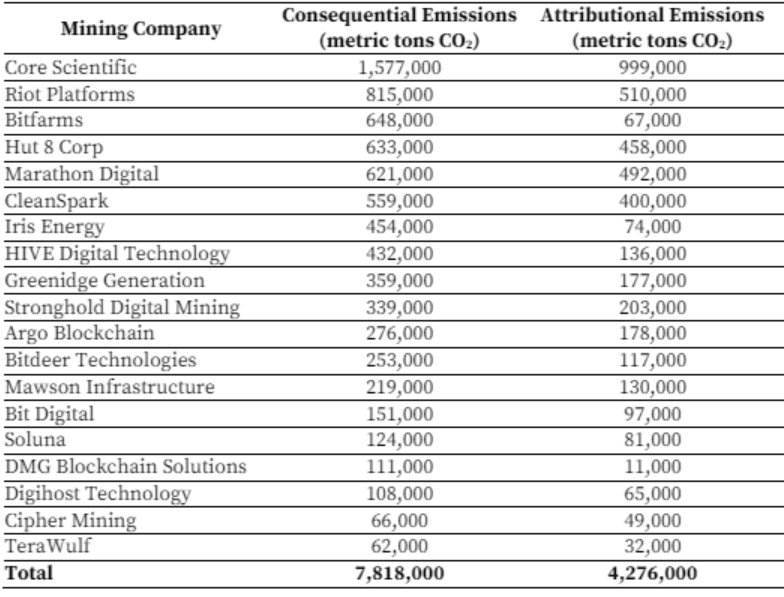The popularity of cryptocurrencies rises steadily, as does concern over the impact they have on the environment. It’s a new report that focuses on Wall Street money lenders and reveals that they play a critical role in financing Bitcoin mining energy consumption.
Exposing Wall Street’s Involvement in Crypto’s Sustainability Harm
The report examines how the legacy financial systems actively contribute to Bitcoin’s carbon cost because they heavily fund mining projects.
However, the analysis in the report reveals that despite being perceived as an independent currency, Bitcoin requires the support of banks, asset managers, and venture capitalists to access critical financial support for its operations.

According to Greenpeace, BlackRock and Vanguard are amongst the top investors to support Bitcoin mining companies in 2022. It must be noted that their support plays a part in providing over one. Per annum, as per findings of the above-mentioned report, it is equivalent to the electricity consumption of hundreds of thousands of households.

Is Proof-of-Work to Blame? Evaluating Its Environmental Impact
The primary problem within the environmental impacts is the algorithm used by Bitcoin, known as Proof-of-Work that requires immense power and energy to process the transactions of the network.
Due to Climate change issues, POW, which is used by Bitcoin and other cryptocurrencies as a consensus algorithm, is not sustainable due to high energy consumption and called for the adoption of sustainable alternatives such as the POS algorithm, which consumes far less energy.

However, several industry insiders pointed out against the lessening of Proof-of-Work algorithms, arguing that a shift will open new vulnerabilities to attacks as what has been a stable factor in securing the Bitcoin network.
Can Cryptocurrencies Embrace Green Approaches?
Greenpeace and other activists critically focused on the environmental impact of Bitcoin mining and largely underestimated the other factors that can affect environmental sustainability and energy efficiency.
Some mining operations of bitcoins are being moved to renewable sources like solar and geothermal power and there are continuous efforts being made towards improving the PoW system in order to reduce the energy required.
Some of those developments require higher transparency of the energy consumption among miners and financial institutions, better mining methods that do not damage the environment, and legal use of the energy resources for Bitcoin’s sustainable growth in the future.

